Holly Hock Rust
k.zalewsky
17 years ago
Featured Answer
Comments (30)
dchall_san_antonio
17 years agoRelated Professionals
Harrison Landscape Architects & Landscape Designers · West Chester Landscape Architects & Landscape Designers · Bound Brook Landscape Contractors · Brunswick Landscape Contractors · Hollywood Landscape Contractors · Lebanon Landscape Contractors · Mendota Heights Landscape Contractors · Ocoee Landscape Contractors · Maplewood Landscape Contractors · Canton Decks, Patios & Outdoor Enclosures · Cary Decks, Patios & Outdoor Enclosures · Kalamazoo Decks, Patios & Outdoor Enclosures · Northbrook Decks, Patios & Outdoor Enclosures · Redlands Decks, Patios & Outdoor Enclosures · St. Louis Decks, Patios & Outdoor Enclosurestiffy_z5_6_can
17 years agoKimmsr
17 years agopaulns
17 years agoit_better_be_organic
17 years agobyron
17 years agotiffy_z5_6_can
17 years agoit_better_be_organic
17 years agokerizalewsky_cox_net
17 years agonandina
17 years agorosebush
17 years agodchall_san_antonio
17 years agoJAYK
17 years agopaulns
17 years agolblack61
17 years agoprairiemoon2 z6b MA
17 years agopickwick
17 years agobyron
17 years agotiffy_z5_6_can
17 years agoprairiemoon2 z6b MA
17 years agosuseart
14 years agotreasureflower
11 years agoOakKeeper
10 years agoauchatelet
9 years agoRailroader
7 years agokimmq
7 years agoJim Jones
7 years agoRailroader
7 years agoRailroader
7 years ago
Related Stories

PATIOSGet Backyard Privacy the Subtler, Stylish Way
Why settle for a hulking brick wall when plants, screens and other refined backyard dividers do the job with panache?
Full Story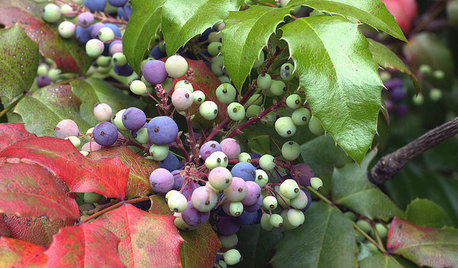
GARDENING GUIDESGreat Design Plant: Mahonia Aquifolium for Birds
Oregon grape puts on a bold spectacle from spring through winter and is ideal to brighten partly shady corners in the U.S. West
Full Story
KITCHEN DESIGNKitchen of the Week: Creativity Shines in Seattle
Clever floor stencils and reused materials keep this Seattle kitchen true to its 1917 roots
Full Story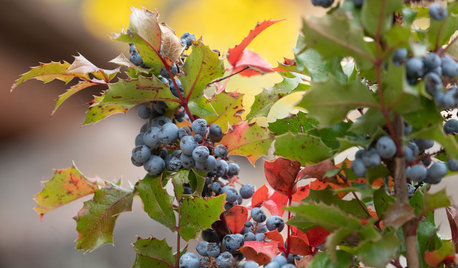
GARDENING GUIDES8 Deer-Resistant Elegant Evergreen Shrubs to Plant This Fall
Who knew that such beautiful shrubs could be deer-resistant?
Full Story
MATERIALSKitchen Ideas: How to Choose the Perfect Backsplash
Backsplashes not only protect your walls, they also add color, pattern and texture. Find out which material is right for you
Full Story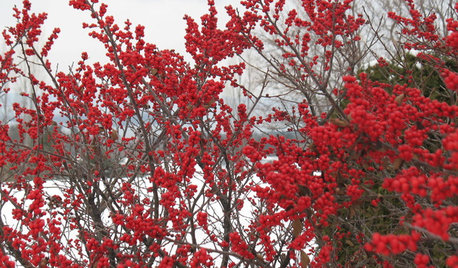
GARDENING GUIDES6 Rockin’ Red Plants for Winter Gardens
Use the bright berries or branches of these cold-climate favorites for outdoor garden interest or container arrangements anywhere
Full Story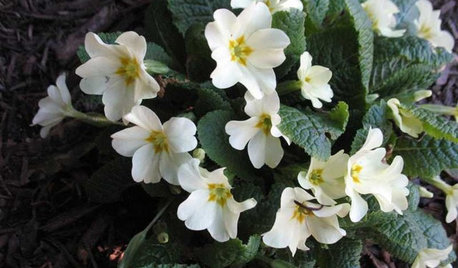
SPRING GARDENING7 Great Container Plants for Early-Spring Appeal
Good things sometimes come to those who impatiently head to the nursery for plants that can take a chill
Full Story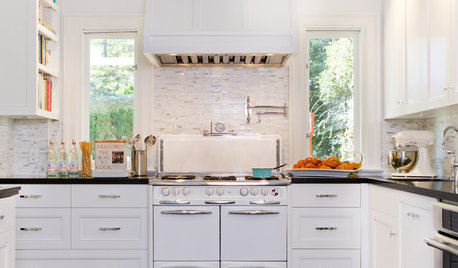
VINTAGE STYLERevel in Retro With Vintage and New Kitchen Appliances
Give your kitchen old-fashioned charm with refrigerators and stoves that recall yesteryear — even if they were made just yesterday
Full Story
HOUSEKEEPINGThe Quick and Easy Way to Clean a Microwave
All you need is water and a couple of other natural ingredients to get your appliance sparkling and smelling fresh again
Full Story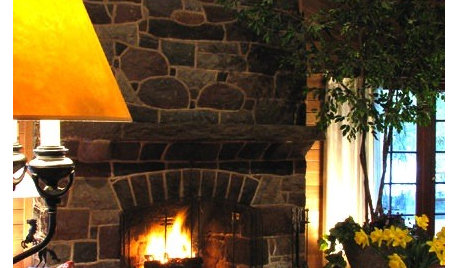
VALENTINE’S DAY50 Valentines to Home
Houzz users reveal how they knew their home was "the one"
Full StoryMore Discussions






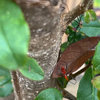

tiffy_z5_6_can